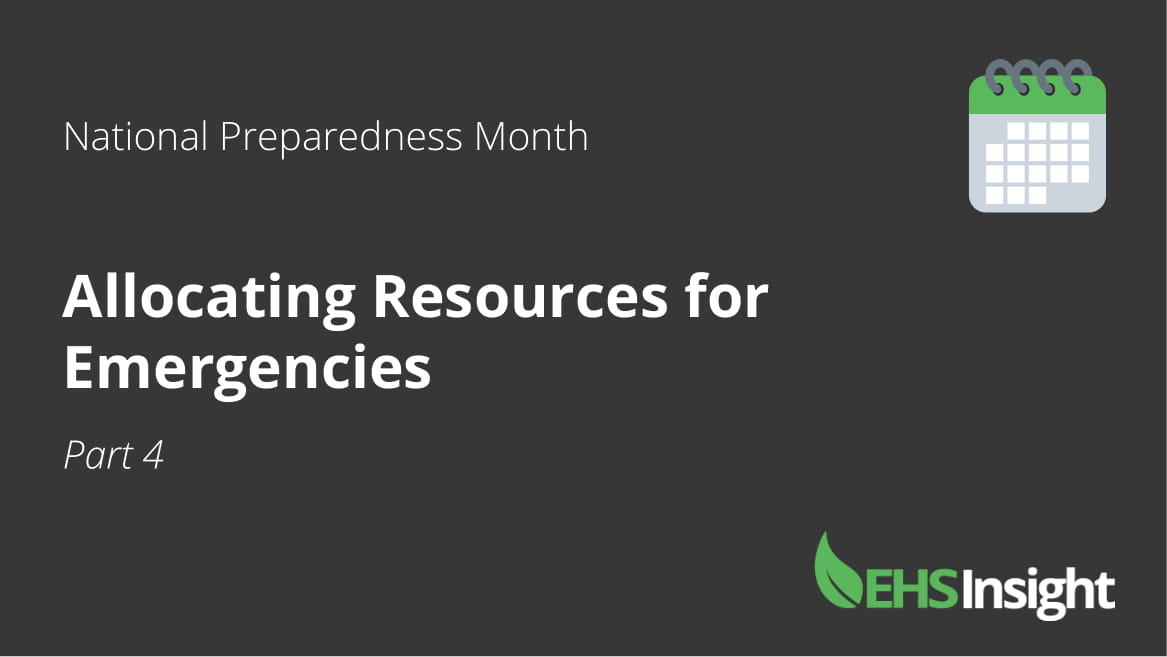Last year was a record one for Mother Nature: natural disasters wreaked $306 billion in damage to the United States. Between three massive hurricanes, wildfires, tornadoes, droughts, and flooding, companies across the country were feeling the financial pressure of expenses incurred by unpreventable forces.
Natural disasters aren’t the only incident-related juggernauts that could impair your company’s finances. In many cases, insurance will cover damage to any structures, equipment, vehicles, and other work-related items. But having a budget and resources to tap into in the event of a disaster can help your company get back on its feet faster and take immediate action while waiting for help to arrive.
How to Plan Financially for a Disaster
When will disaster strike next? How much will it cost your company? How will the disaster impact employees? Will your staff be displaced from the normal work environment?
These are tough questions that make it difficult to fully prepare for any type of disaster. But there’s one thing you can count on: having emergency funds on hand can help you mitigate losses so business can keep going.
Cash funds can help you secure a temporary workspace, rental equipment, computers, and other necessities that will help you minimize downtime. You should also consider adding the necessary business insurance that covers temporary displacement to limit out of pocket costs.
You can check to see if any local organizations offer help to businesses that have been affected by disasters. Allowing employees to work remotely reduces work loss, plus it allows them to continue earning a paycheck.
Keep in mind that insurance doesn’t cover all losses and expenses. In many cases, flood insurance or protection against natural disasters isn’t included in standard policies. It’s important to review your policy carefully to reduce any costs you’ll be responsible for if an emergency were to occur.
Create an Emergency Financial First Aid Kit
When disaster strikes, your Emergency Financial First Aid Kit should be your go-to resource for recovery. Think of all the things you will need to pay for immediate expenses and recoup losses:
- Insurance policies and documents
- Banking information
- Property ownership documents
- Current lease documents
- Emergency contacts
- Emergency cash or bank funds
You should store these documents in a waterproof, fireproof container that’s easy for you to access. Consider making backup copies of your documents and storing them in a separate location, such as a bank safe deposit box, or converting them to electronic documents stored in the cloud.
Also, backing up your company’s data onto cloud storage or third-party servers can help you recover from a devastating loss. Being able to access critical financial data, customer accounts, employee information, and other data can be critical to staying in business while you wait for financial help.
Review Your Financial Preparedness Strategy Each Year
Your financial first aid kit and planning strategy should be updated each year to reflect any changes to property, ownership, insurance, and other financial impacts. New copies of documents should be made so they remain legible and in good condition. If you’re using a bank deposit box, you should routinely review who is able to access the box.
Staying prepared for disaster is more than just keeping your employees safe. You want to get back to work as soon as possible to mitigate monetary losses, and having financial preparedness can help your company get backs on its feet.
Have you reviewed your company’s financial strategy for disasters? Don’t wait until it’s too late – you’ll thank yourself.
